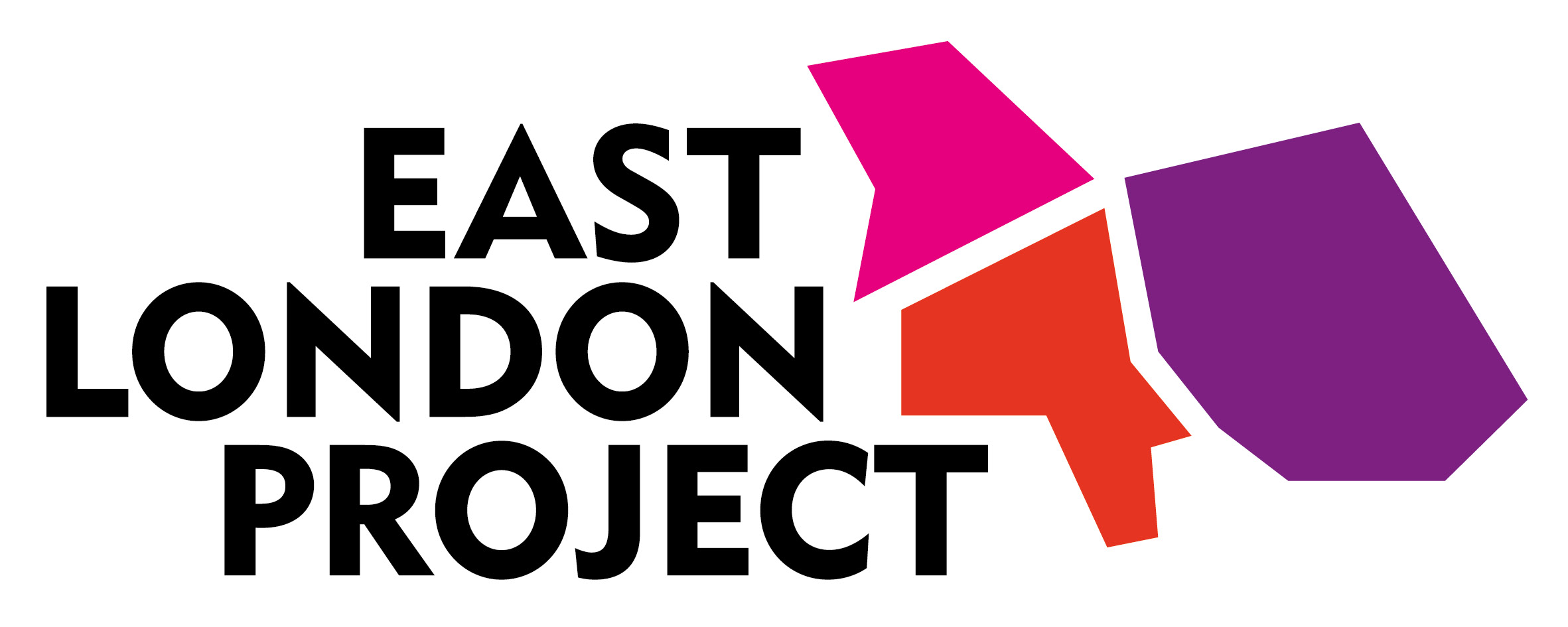Qualitative Study
Component A: Qualitative Study
What we want to find out
We are conducting research to understand how sex work-related laws, police enforcement and other issues (like housing and financial situation, migration status, work environments, being a member of a sex worker organisation, availability of outreach services) affect sex workers’ safety, health and access to services, in the three study boroughs.
How
We are conducting face-to-face interviews with sex workers and a range of other people working in the sex industry (maids, receptionists, security guards), as well as people who work with or make decisions that affect sex workers locally (e.g. outreach workers, police). We are asking about their views and experiences of sex work laws and policing, safety at work, health and support, and accessing services and sex worker organisations.
We will carry out walks with sex workers and outreach workers in the boroughs, to get a better sense of the places that people talk about during interviews.
Who
We want to interview up to 30 sex workers who sell sex in the study boroughs, now or in the past year. We would like to talk to people of all genders, racial and national identities, and different ages (18+), who work in any sex work sector (e.g. outdoor, flats, saunas, escort agencies, independently). We want to talk to a diverse group of people to understand if, and how, they might be affected differently by police enforcement, and how this affects their safety, health (e.g. experience of violence, risk of HIV, sexually transmitted infections, depression and anxiety) and access to services.
What this information will be used for
We will use this information to help us design the cohort study and computer model (components B and C) and ultimately to advocate for evidence-based policy and practice to improve the safety, health and well-being of sex workers, in the UK and internationally.

